
Thrush is a fungal infection caused by Candida albicans. It is not uncommon for nursing women to have thrush and to pass it to their baby through breastfeeding, or it can pass from the baby’s mouth to the mother, again through feeding.
Causes of thrush
Candida albicans is a fungus normally present in every person’s body. In most cases it causes no problems at all and it is kept at bay by the body’s immune system and by the beneficial bacteria who live there.
However, in certain conditions the fungus can multiply and its overgrowth can cause certain problems. breastfeeding creates a perfect environment for the fungus, as it loves moist, warm and sugary places.
From the baby’s mouth, the thrush can pass to the mother through breastfeeding, especially if the nipples are sore and cracked, which is often the case, especially if the baby is not latching well. It is then passed back and forth between the mother and the baby.
Symptoms of thrush in nursing women
Thrush in nursing women usually affects the nipples. They become cracked, with sores that do not heal. They also become red or pink and shiny, sometimes with white patches on the folds. Nipples become sore and itchy, and there is usually a burning sensation in them.
Sometimes the thrush enters the milk ducts and develops there as well, which is called ductal thrush. This is characterized by dull pain deep inside the breasts.
Symptoms of thrush in babies
Thrush in babies usually affects the mouth. If the baby has this fungal infection, he or she will probably have milky white patches inside the mouth, resembling milk curd. If the patches are rubbed and taken off, the base that becomes visible is red and usually bleeding.
Babies with oral thrush usually refuse feeding, because their mouth is sore. If the thrush progresses down from the mouth, it can cause nappy rash.
Treatment for thrush
Thrush in babies and in nursing mothers is better if treated by the doctor instead of trying out home remedies. After examining the symptoms and making the diagnosis, the doctor will most likely prescribe anti-fungal medication, like nystatin or micozanole.
In case of ductal thrush, the mother will need to take oral anti-fungal medications. It is important to establish if the thrush has spread to other parts of the body, because the only efficient way to cure it is to cure all of it, in all parts of the body it has affected, otherwise it will easily come back again.


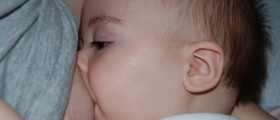
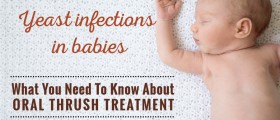
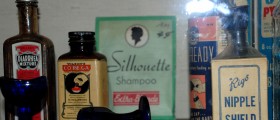

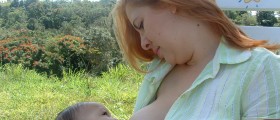
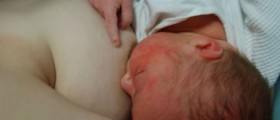


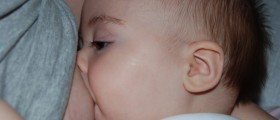
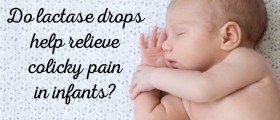

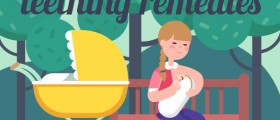


Your thoughts on this
Loading...